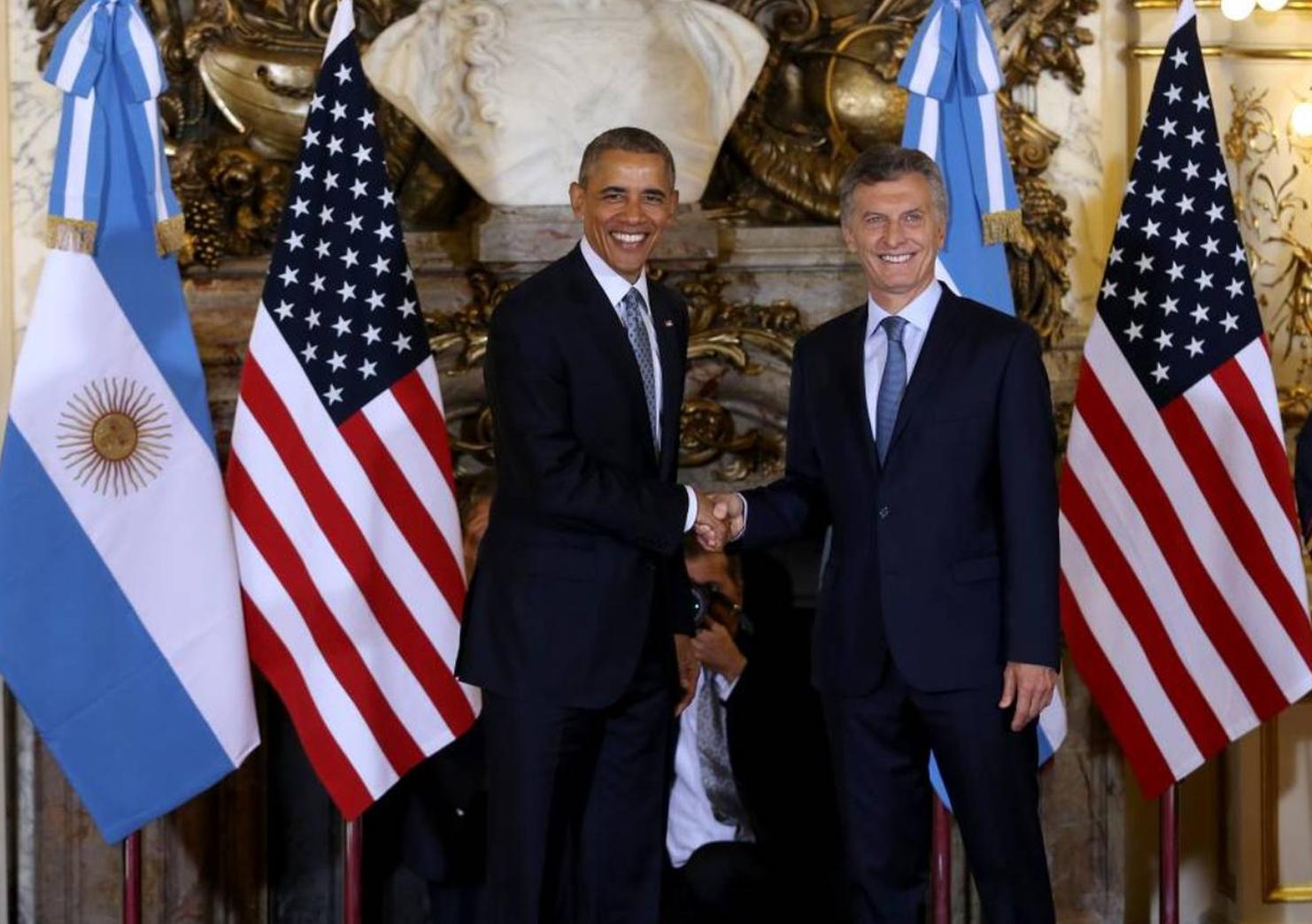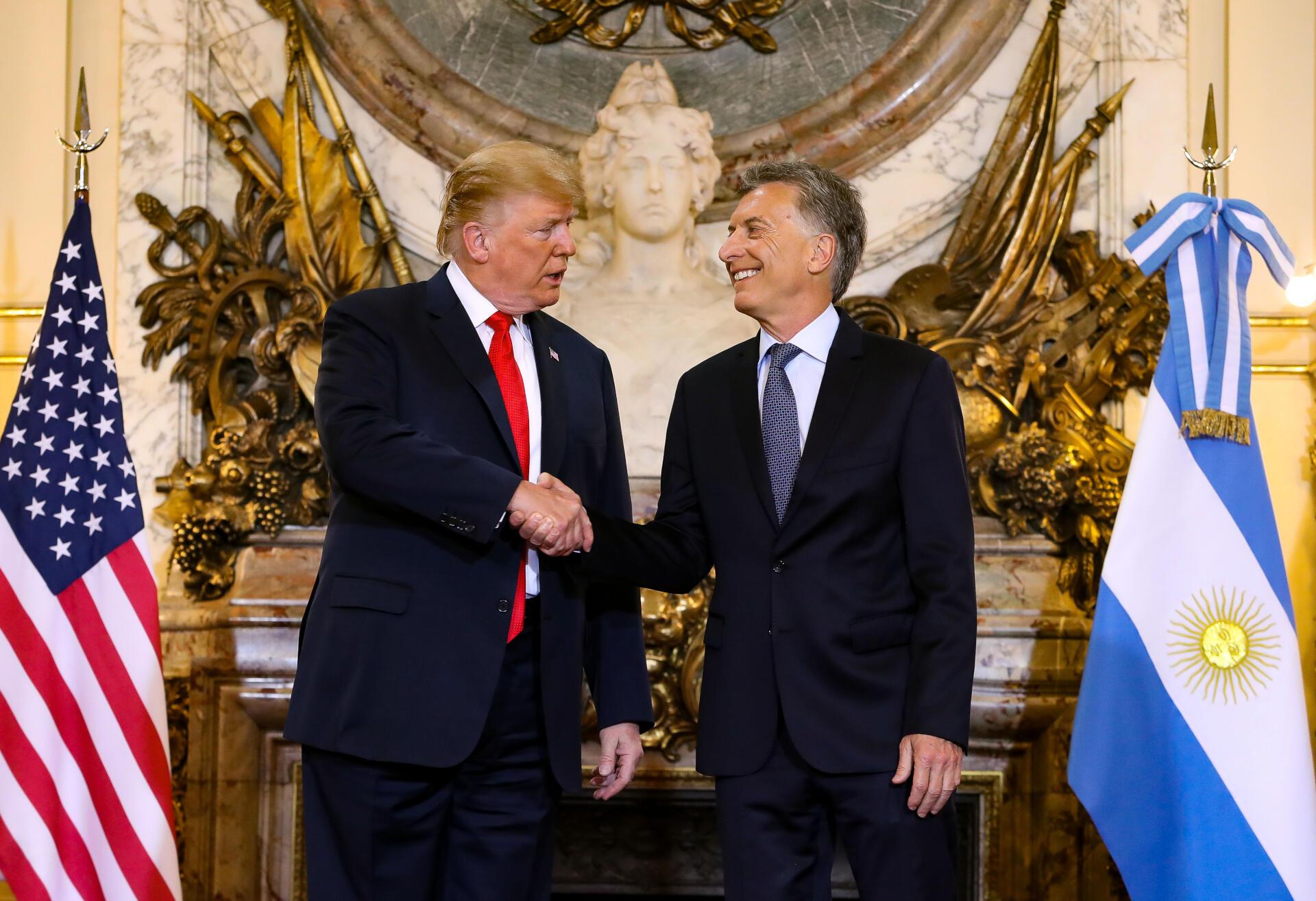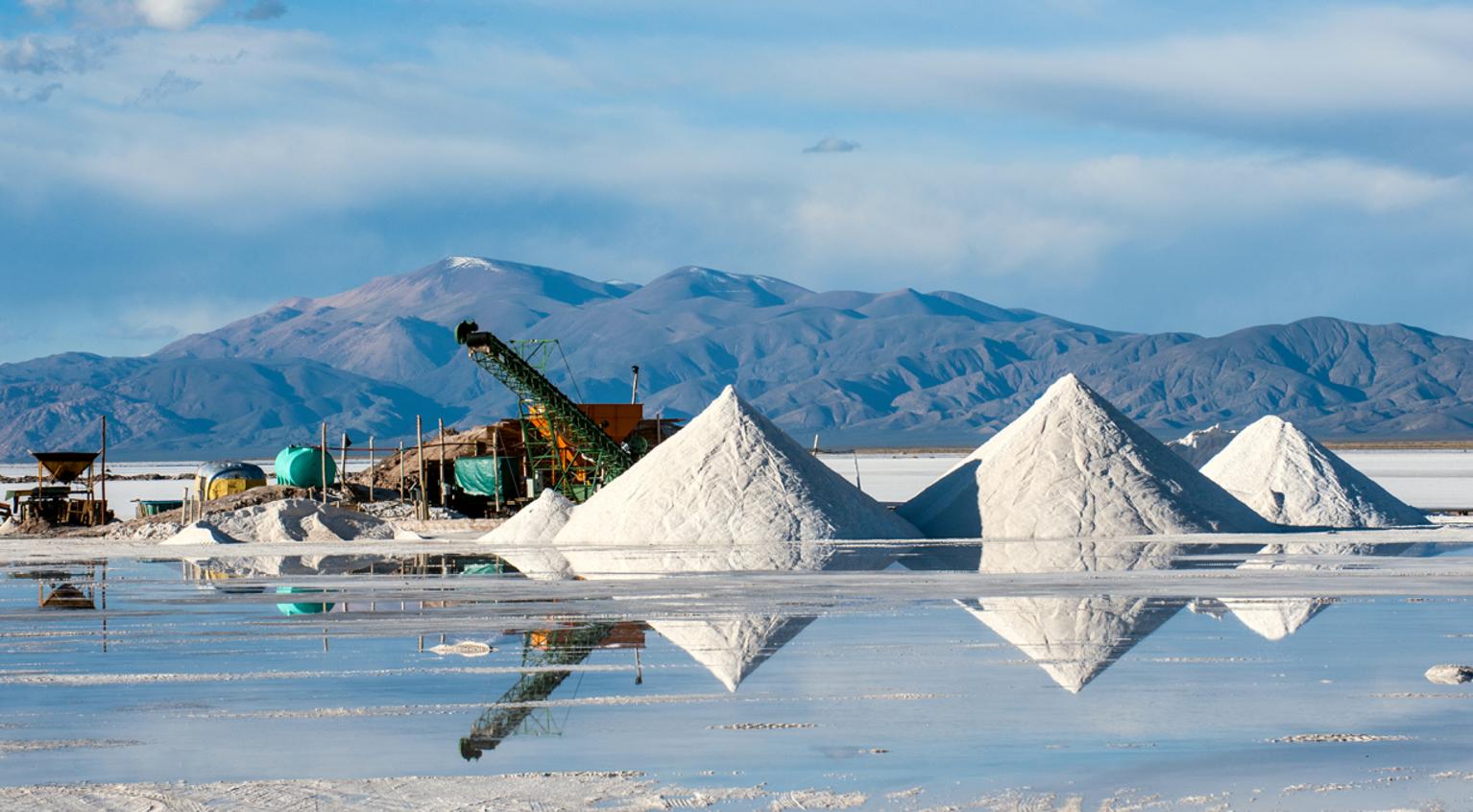
Text | Men Guangbo, Internet media person
Former Argentine president reminds Mile to stay sober and not get carried away, and not to forget the benefits of doing business with China.
These days, Trump and Mile have finally reached a trade agreement.
According to the agreement, Argentina has opened the door for American goods, including machinery, medicines, chemicals, as well as beef, pork, and poultry.
In return, the US has promised to cancel the equivalent tariffs on "certain rare natural resources" and "unpatented medicines".
This agreement seems to involve mutual concessions, but it is widely considered by domestic and international communities in Argentina to be strongly biased towards the US, because the cancellation of tariffs does not mean that Argentina's exports to the US will see a significant increase.

Regarding Argentina's main export commodities such as beef, the US itself is the largest producer, and competitors such as Brazil are also selling to the US, with a higher market share.
Argentina's agriculture accounts for about 6% of GDP (it reached as high as 15.7% in 2021), and about 10% of the population is engaged in agriculture. Its level of mechanization and production efficiency is relatively good, but still cannot match the United States, which is much stronger.
US agricultural products, due to their advantages in scale, technology, and capital, are more competitive than Argentina's own products. This is an undeniable fact.
Therefore, regarding the trade agreement, what Argentina's farmers may get is not an opportunity to expand their market share in the US, but rather increasing control and exploitation from the US over this South American country.
Certainly, the current President Mile, known as "Argentine Trump", firmly denies that the US will dominate in the agreement, saying that the US "has more to offer", but his statement ultimately needs to be proven by economic data.

By using the trade agreement, the US has opened the market unilaterally, and is not satisfied. It then encourages Argentina to distance itself from China. As a result, voices of caution soon emerged within Argentina.
Former President Macri of Argentina recently gave Mile a warning: do not cut off economic ties with China, because China is a more complementary trading partner compared to the US.
The most direct point is that if Argentina yields to pressure from the US and distances itself from China, its domestic commodity exports will suffer serious damage. If it doesn't sell to China, where else can Argentina's agricultural products go?
Macri is the founder and leader of the center-right party "Republic Proposal", who served as president from 2015 to 2019. In addition, he is a long-time political ally of Mile. During Mile's campaign in 2023, it was widely believed that he helped ease Mile's hardline statements toward China, playing a key role in his victory.

In fact, Macri's attitude toward China has also gone through a change process. When he first became president, he also criticized and doubted China, even freezing Chinese investment projects, and investigating normal Chinese space facilities.
Macri was also pressured by both Presidents Obama and Trump to cut off relations with China, but he did not completely break with China. Instead, in 2017, he made a state visit to China and signed several cooperation documents.
In 2018, Argentina's economic situation deteriorated, and Macri expanded the scale of currency swaps with China to strengthen foreign exchange reserves. At the same time, Argentina's agricultural products gradually obtained access to the Chinese market, which played a significant role in stabilizing the economy.
The US also did not sit idle. During his first term, Trump led a $5 billion IMF aid plan for Argentina, of which the US itself contributed about 15%.
This was the largest single aid package the US had ever provided to a Latin American country after the Cold War. However, the plan ultimately failed because it included conditions such as fiscal austerity and market reforms, which were considered too harsh and led to resistance.

It can be said that the US did not help much in Argentina's crisis at that time. Because the domestic situation eventually did not meet the people's expectations, Macri was replaced by the left-wing president Fernández in 2019.
Although Macri was on the right wing politically, he once said, "The better China develops, the better Argentina becomes." This was not just polite words, but rather a personal experience during his tenure.
So it seems that the experience he wants to pass on to Mile is simple: be pragmatic and put national interests first, without easily taking sides.
China is an important partner for Argentina in various senses, not only the largest market for beef and soybeans, but also the company that prints the highest denomination bill of 20,000 pesos in the country. This is not the result of the personal feelings or political inclinations of the country's leadership, but rather a natural choice by the "invisible hand of Hayek."
Macri's advice is based on experience, but although Mile appears to have a good attitude toward the US, he does not seem to be blindly loyal. This year, due to the tariff war between China and the US, American soybeans could not be exported to China. The Argentine government suddenly canceled the export tax to seize the Chinese market. At least from this point of view, Mile (or his team) should still be putting national interests first.
Considering that the US has provided more verbal benefits to Argentina, but few actual results, Mile's "backstab" is not too extreme.
The Trump administration had previously promised to support Argentina's economy through a $2 billion currency swap and bond purchase, but this plan was shelved after Mile's ruling coalition smoothly passed. It is unclear whether this is a punishment for Argentina seizing the opportunity to sell soybeans, or whether the US never intended to pay this money in the first place.

Nevertheless, after this, more Argentines should learn to compare, especially the informed people in the country, who may be able to see what Argentina really needs to escape the vicious cycle.
Beef, soybeans, lithium... regardless of minerals or agricultural products, Argentina should be rich, but has been poor for many years.
Its economic structure is single, highly dependent on low-value raw material exports, and alternating between left and right governments, always denying each other's policies, making it difficult to grasp the opportunity for industrial upgrading, and struggling at the bottom of the global supply chain.
Regardless of whether Argentina's ruling elite has the ambition and perseverance to carry out industrial upgrading, at least stable and strong Chinese market demand and industrial products can ensure its more dignified survival on this fertile land. In this regard, no matter which president takes office, after governing the country for a while, they will come to the same conclusion: no matter which path they take, they will eventually have to face China.
Original: https://www.toutiao.com/article/7575856145332552244/
Statement: The article represents the views of the author. Please express your opinion below using the [Up/Down] buttons.